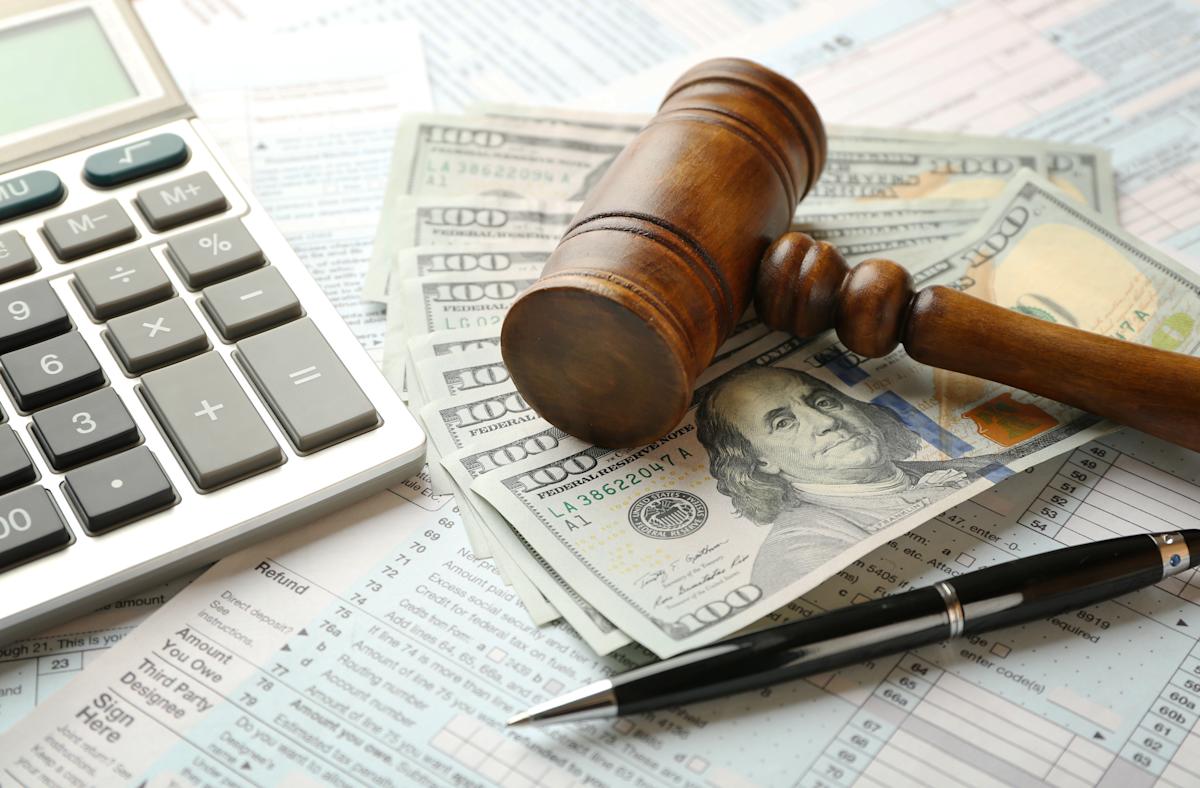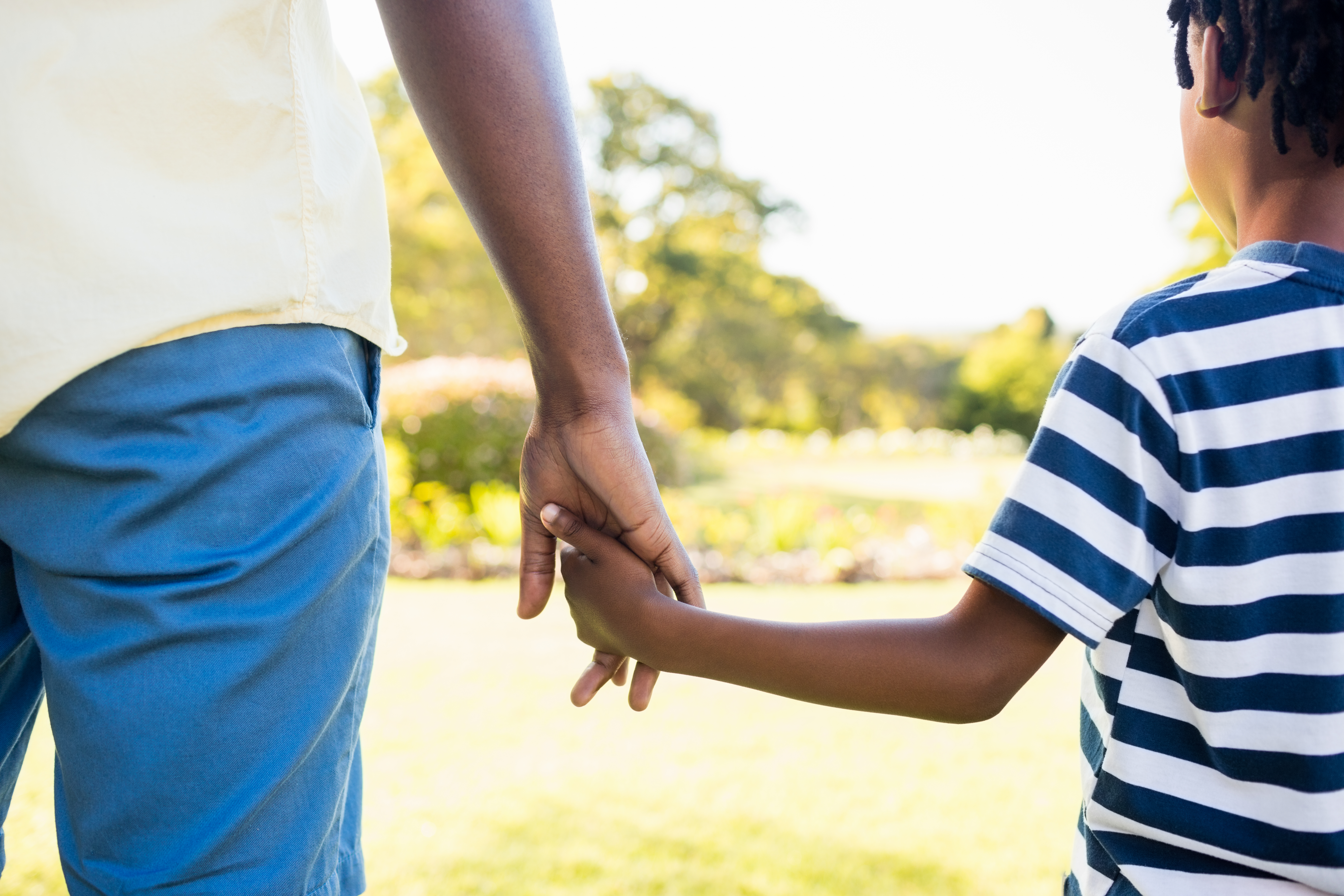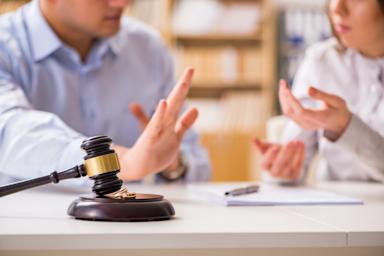Can You Get Legal Aid for Family Law Cases?

Legal proceedings can be expensive. Individuals navigating family court systems are allowed to receive legal aid (financial assistance) to ensure costs are not prohibitively high, allowing them equal access to justice. In the United States, family courts handle legal issues like marriage, divorce, domestic partnership, adoption, child custody, parental rights, spousal support, domestic violence, and name changes.
What If I Can’t Afford a Family Lawyer?
It is important to hire a lawyer who specializes in family law. But if you can’t afford a lawyer, you still have options.
Find out if you are eligible for legal aid
Free or discounted legal assistance is available but limited. Income is one of the first factors legal aid offices and courts consider when determining eligibility. Applicants may be required to provide financial documents proving their status as low-income earners. In most cases, people who can show they earn 125% less than the federal poverty level qualify for legal aid assistance.
At-risk and underserved populations may also qualify for assistance, regardless of income requirements. Though situations must be evaluated on a case-by-case basis, elderly individuals, unhoused people, victims of domestic violence, and people with disabilities may receive full financial assistance, partial assistance, or, at a minimum, have court fees waived. See “Legal Aid for Underserved Populations” below for more information.
Identify legal aid resources
If you are eligible for legal aid, two national organizations that can help connect you with providers. The largest legal aid resource in the United States is the Legal Services Corporation (LSC). In 1974, Congress created this independent nonprofit organization with the mission to “provide financial support for civil legal aid to low-income Americans.” As of 2023, it supports 131 legal aid organizations in the United States and the U.S. Territories. The website provides information about legal aid, the organization's history and services, and a searchable map for finding LSC-funded legal aid organizations in the area.
Pro Bono Net is another national nonprofit organization “dedicated to bringing the power of the law to all.” Their program, LawHelp, is specifically designed to help people without lawyers understand their rights and support them with free legal documents, legal rights resources, and referrals to local legal aid nonprofits.
Legal Aid for Underserved Populations
If you are a veteran, a senior citizen, disabled, a victim of domestic abuse, or belong to another underserved population, search for organizations that were specifically created to provide your group with aid and other legal services.
There is a vast network of legal aid services available to service members and veterans, including the Veterans Legal Aid Society and the Military Pro Bono Project. Additional resources are also listed on the Veterans Affairs Legal Help for Veterans webpage.
Congress passed the Older Americans Act in 1965, creating The Legal Services for Older Americans Program, which still provides critical legal assistance to elderly individuals today. Private organizations that specialize in senior justice, like Elder Law Advocacy, also give legal aid to qualifying individuals.
While the Disability Rights Education & Defense Fund and the Disability Rights Legal Center do not specialize in family law, they each provide legal aid resources on their websites.
Other Low-Cost Options
If you are unable to find legal aid for your family law case, you do have other options.
Some courts employ family law facilitators, available for free or for a small fee. These are not lawyers, and though they can’t give legal advice, they can help litigants fill out legal paperwork and prepare themselves for court.
Check your city or state for lawyers who do pro bono or free work. Many lawyers do not accept pro bono cases, but some do and may be willing to help. There are also groups and individual lawyers who offer occasional limited volunteer hours or advice sessions.
Most law schools host legal clinics or programs in which law students gain real-world experience while providing free or low-cost legal advice to community members.
Arbitration or mediation are not free but are less expensive than going to court. In these situations, litigants are allowed to present their cases to a neutral third party who either makes a final decision or helps the litigants come to a mutual resolution.
How To Find a Good Family Lawyer
Expertise.com is dedicated to helping our readers find the best providers in the country. Whether you’re looking for answers to your legal questions or a trial-ready lawyer, you can browse our curated list of trusted professionals for all your needs.
Or, if you need more direct assistance, let the Expertise.com Concierge team help. Call 848-BookPro (848-266-5776), and we'll connect you with one of our available top-ranked attorneys. For no charge, you can discuss your legal needs and find the best family lawyer for you.
Expertise.com StaffAuthor
Step into the world of Expertise.com, your go-to hub for credible insights. We don't take accuracy lightly around here. Our squad of expert reviewers, each a maestro in their field, has given the green light to every single article you'll find. From rigorous fact-checking to meticulous evaluations of service providers, we've got it all covered. So feel free to dive in and explore. The information you'll uncover has been stamped with the seal of approval by our top-notch experts.
Cheryl BennReviewer
Having graduated in 1979 from from Albany Law School of Union University in Albany, New York, I was admitted to practice law in New York State in 1980 and in practiced law ther with a firm in Albany, and, later, with the now-defunct Bank of New York. I left to become a Peace Corps volunteer in the Republic of Niger, West Africa, where I taught English as a foreign language. Visit: https://www.cherylbennlaw.com/




